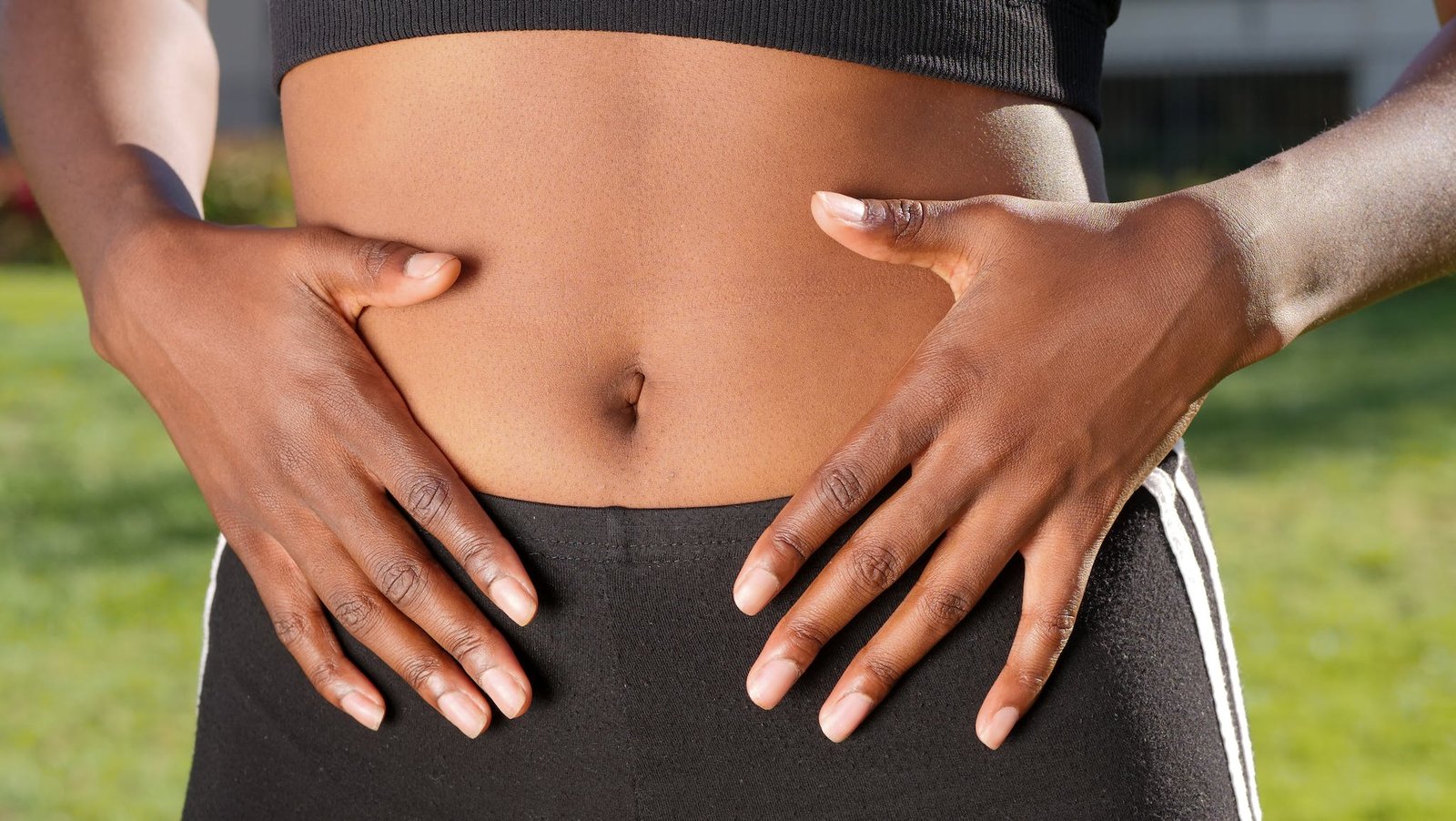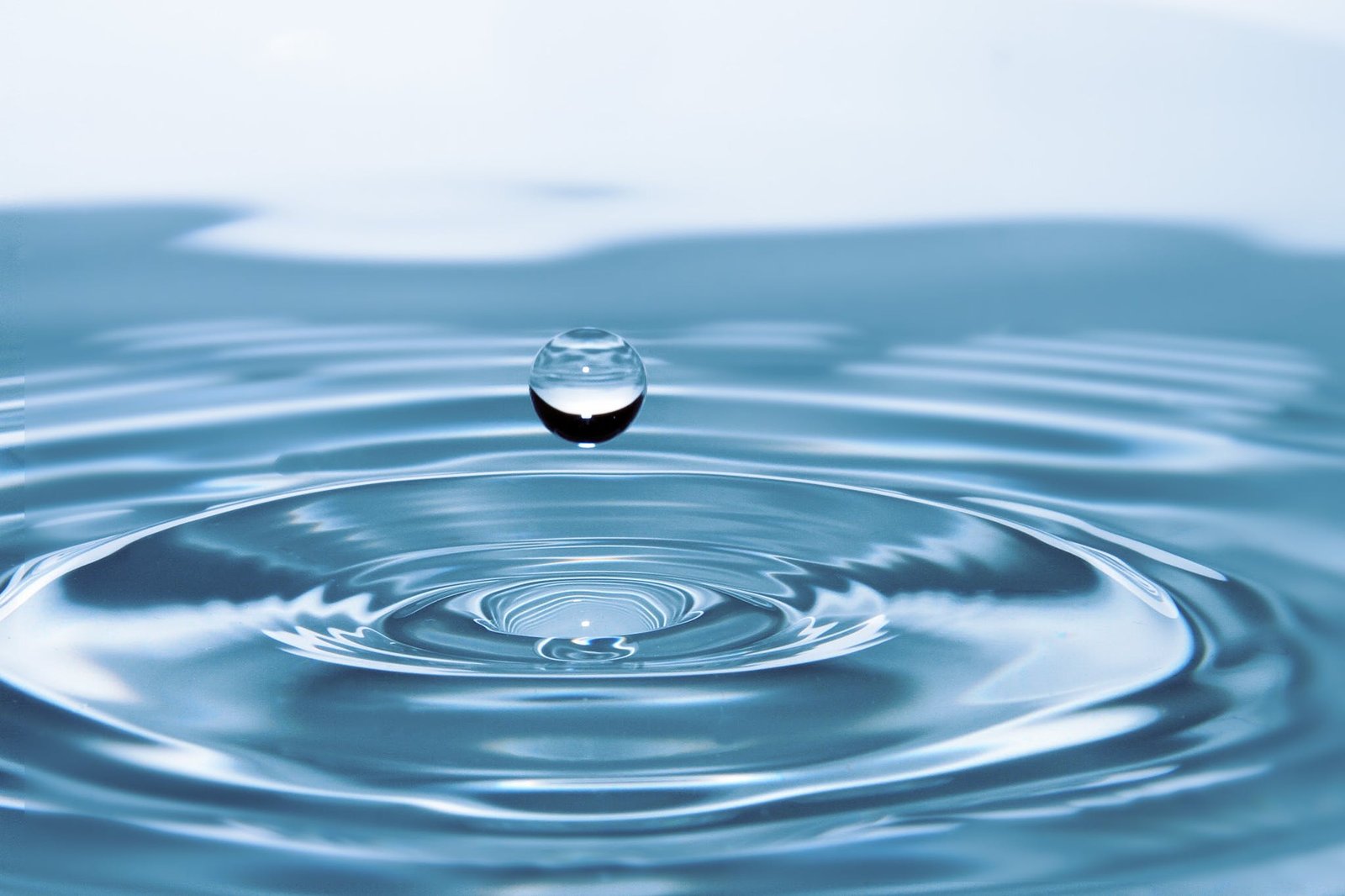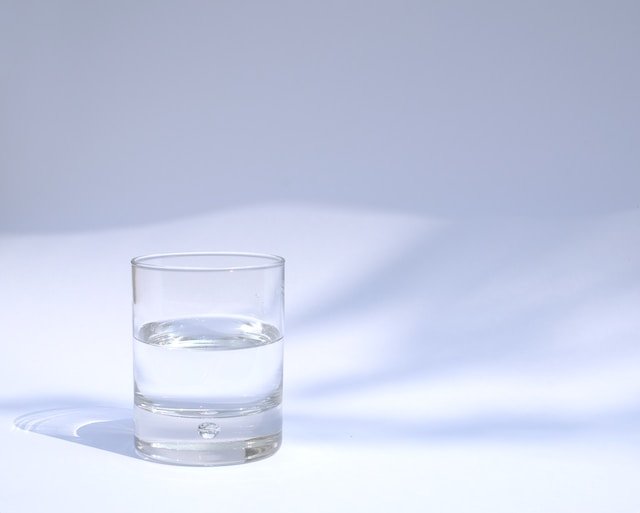The Link Between Dehydration and Weight Gain
There are some affiliate links below, but they are all products I highly recommend. For more info, view my disclosure here.
Are you struggling to lose weight? Did you know that dehydration might be the culprit?
Discover the surprising link between dehydration and weight gain in this article. You’ll learn how dehydration can impact your metabolism, increase cravings, and even lead to overeating.
Find out how staying hydrated plays a crucial role in weight loss and uncover strategies for maintaining proper hydration to support your weight management goals.
Get ready to quench your thirst for knowledge!
The Impact of Dehydration on Metabolism
Dehydration can slow down your metabolism, making it harder for you to lose weight. When you don’t drink enough water, your body’s natural processes start to suffer. One of these processes is metabolism, which is responsible for converting food into energy. Your metabolism works like a well-oiled machine when you’re properly hydrated, efficiently burning calories and helping you shed those extra pounds.
However, when you’re dehydrated, your metabolism starts to slow down. This means that the rate at which your body burns calories decreases, making it more difficult for you to lose weight.
When you’re dehydrated, your body goes into survival mode. It conserves energy and holds onto fat stores, as it perceives a lack of water as a threat. This can lead to weight gain or difficulty in losing weight, even if you’re eating a balanced diet and exercising regularly. Additionally, dehydration can also affect your muscle function. When your muscles are dehydrated, they become less efficient at burning calories. This can further contribute to a slower metabolism and weight gain.
To avoid these negative effects on your metabolism, it’s crucial to stay properly hydrated. Make sure to drink enough water throughout the day, especially when you’re physically active or in hot weather. Remember that thirst isn’t always a reliable indicator of dehydration, so it’s important to drink water regularly even if you don’t feel thirsty.
Dehydration and Increased Cravings
When you’re dehydrated, your body may mistake thirst for hunger, leading to increased cravings. It’s easy to overlook the importance of staying hydrated, but the truth is, dehydration can have a significant impact on your overall health and even contribute to weight gain.
When your body doesn’t have enough water, it can disrupt your hunger and satiety signals, making you feel hungrier than you actually are. This can lead to consuming more calories than needed, ultimately resulting in weight gain.
Additionally, dehydration can affect your body’s ability to metabolize carbohydrates efficiently. This means that even if you’re eating a balanced diet, your body may struggle to process the food properly, leading to weight gain or difficulty losing weight.
How Dehydration Can Lead to Overeating
If you’re not careful about staying hydrated, it’s easy to fall into the trap of overeating. When you’re dehydrated, your body can sometimes confuse thirst with hunger, leading you to consume more food than necessary. This can be a major hurdle in your weight loss journey or maintaining a healthy weight.
Dehydration affects your body’s ability to function optimally, including its ability to regulate appetite and cravings. When you’re dehydrated, your body goes into survival mode and tries to conserve water. One way it does this is by producing a hormone called vasopressin, which can increase your appetite. As a result, you may find yourself feeling hungry even when you’ve recently eaten. This can lead to unnecessary snacking or overeating, causing you to consume more calories than your body needs.
Furthermore, dehydration can impact your body’s ability to break down glycogen, which is stored glucose used for energy. When your glycogen stores are depleted, your body may start breaking down muscle tissue for fuel. This can lead to a decrease in muscle mass and a slower metabolism, making it easier to gain weight.
To avoid falling into the trap of overeating due to dehydration, make sure to drink enough water throughout the day. Aim to consume at least eight glasses of water or more, depending on your activity level and climate. Stay mindful of your body’s signals and differentiate between thirst and hunger. By staying hydrated, you can maintain a healthy appetite and support your weight management goals.
Dehydration’s Influence on Fat Storage
Staying properly hydrated helps your body regulate fat storage and maintain a healthy weight. When you don’t drink enough water, your body can become dehydrated, and this can have a direct impact on how your body stores fat. Dehydration slows down your metabolism and affects your body’s ability to break down and utilize fat for energy. This means that when you’re dehydrated, your body may be more likely to store fat instead of burning it off.
Additionally, dehydration can lead to increased feelings of hunger and cravings. When you’re dehydrated, your body can sometimes mistake thirst for hunger, causing you to eat more than necessary. This can lead to overeating and weight gain over time.
Proper hydration is also important for maintaining a healthy digestive system. When you’re dehydrated, your body may struggle to process and eliminate waste efficiently. This can lead to bloating and discomfort, making it harder to maintain a healthy weight.
To ensure that your body is properly hydrated, it’s recommended to drink at least 8 glasses of water per day. You can also include hydrating foods in your diet, such as fruits and vegetables that have high water content. By staying hydrated, you can support your body’s ability to regulate fat storage and maintain a healthy weight.
The Role of Water in Weight Loss
Drinking enough water is essential for supporting your weight loss goals and maintaining a healthy body.
When it comes to losing weight, water plays a crucial role in the process. Staying hydrated helps boost your metabolism, making it easier for your body to burn calories. Additionally, drinking water before meals can help reduce your appetite, leading to decreased calorie intake.
Water also helps in the breakdown and elimination of fat from the body. When you’re dehydrated, your body tends to hold onto water, causing bloating and water retention. This can make you feel heavier and may even lead to weight gain. By staying properly hydrated, you can prevent these issues and promote a healthy weight loss journey.
Aim to drink at least 8 cups of water per day, and even more if you’re physically active or in hot weather. Remember, water is a calorie-free beverage that provides numerous benefits for your body, including aiding in weight loss. So, make sure to prioritize hydration and make it an integral part of your weight loss routine.
Strategies to Stay Hydrated for Weight Management
To maintain a healthy weight, it’s important for you to prioritize staying hydrated and incorporating strategies to ensure you’re drinking enough water throughout the day.
One effective strategy is to always carry a water bottle with you. By having water readily available, you’ll be more likely to drink it regularly.
Another tactic is to set reminders on your phone or computer to prompt you to drink water every hour. This can help you stay on track and ensure you’re getting enough hydration.
Additionally, try infusing your water with fruits or herbs to add flavor and make it more enjoyable to drink. You can experiment with different combinations like lemon and mint or cucumber and basil.
Another way to increase your water intake is by consuming water-rich foods such as fruits and vegetables. These foods not only provide hydration but also essential nutrients for your body.
Lastly, be conscious of your beverage choices. Opt for water instead of sugary drinks or excessive amounts of coffee or alcohol, as these can dehydrate you and hinder your weight management efforts.
Hydration and Long-Term Weight Maintenance
If you want to maintain your weight in the long term, it’s crucial to prioritize hydration and incorporate strategies that ensure you’re consistently getting enough water throughout the day. Staying hydrated isn’t only important for overall health, but it can also play a significant role in weight management.
When you’re adequately hydrated, your body functions optimally, including your metabolism. Dehydration can slow down your metabolism, making it harder for you to maintain a healthy weight. By making hydration a priority, you’re giving your body the tools it needs to efficiently burn calories and keep your weight in check.
There are several strategies you can incorporate into your daily routine to help you stay hydrated. Start your day by drinking a glass of water as soon as you wake up. Throughout the day, keep a water bottle with you and take sips regularly. If you struggle to drink plain water, try infusing it with fruits or herbs to add flavor. Set reminders on your phone or use apps that track your water intake.
Additionally, make sure to include hydrating foods in your diet, such as fruits and vegetables, which have high water content. By implementing these strategies, you’ll be on your way to maintaining your weight in the long term and reaping the benefits of proper hydration.







